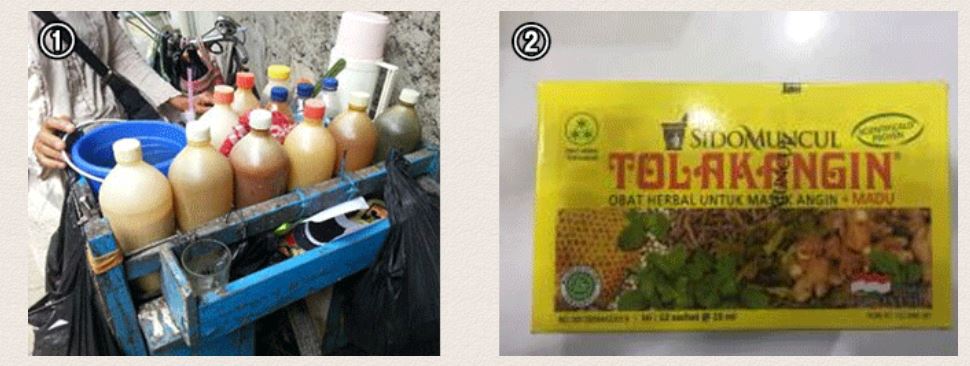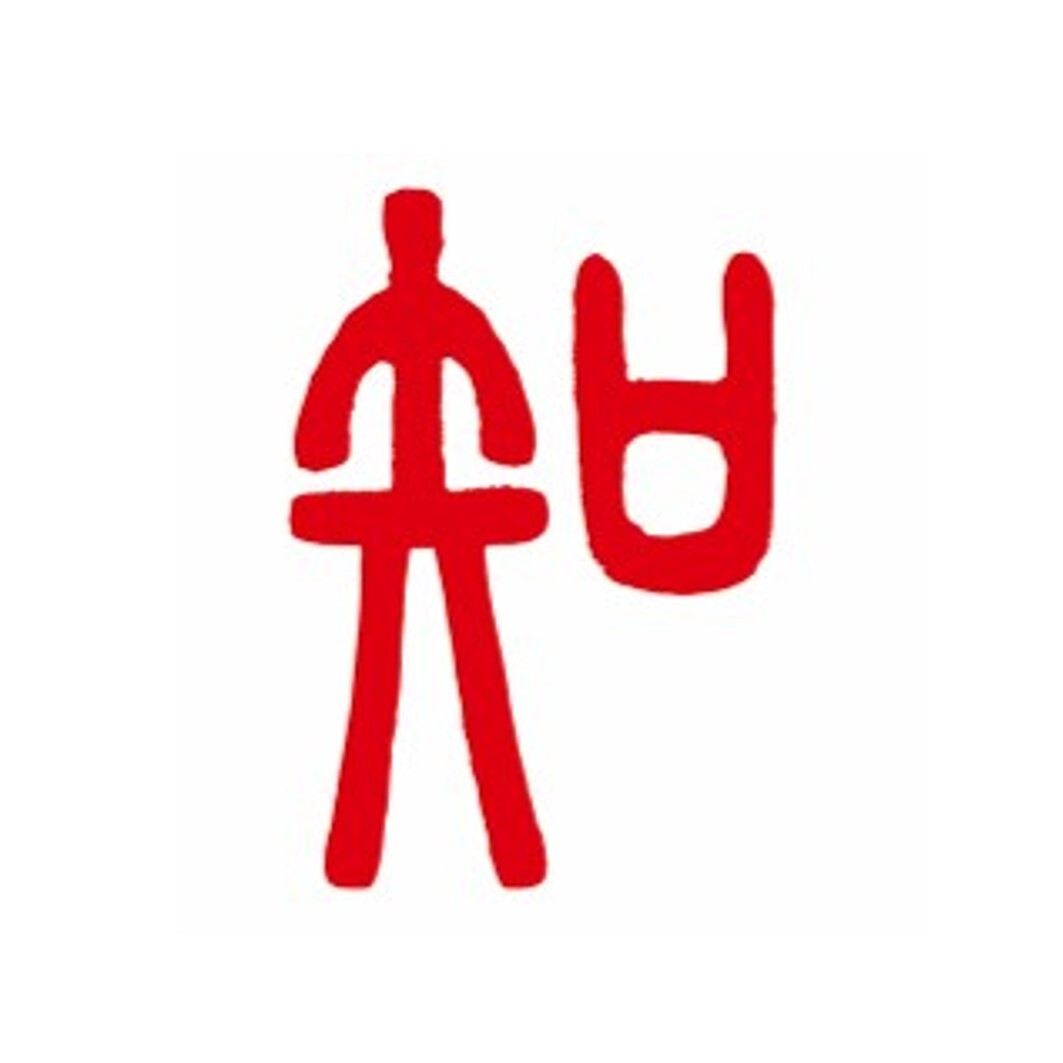<Report from overseas office> [Indonesia] Masuku anggin" and what to do about it
- Release date: Oct 04, 2019
- 13079 Views
"JAMU" Indonesian Herbal Medicine
In Indonesia, there is a custom of boiling and drinking turmeric and ginger. There are many kinds of "jamu," which are said to be effective for various physical ailments. Traditionally, there are women who boil root vegetables and spices and sell them in bottles, but when it comes to masuk angin, the quickest way is to use tolak angin, which is sold in bags at warungs (small Indonesian stores), or a similar product called Many people drink "Tolak Angin" or similar "Antagin" sold in bags at warungs (small shops).Many of the staff at INTAGE Indonesia also do not take western medicines when they catch a cold, but use JAMU to treat it. Whenever I have a cold, the staff hands me a sachet of "Tolak Angin," so I naturally got into the habit of drinking it. When I dissolve it in hot water, it has a strong mint flavor and herbal medicine, and it warms me up very much.

2) TOLAK ANGIN, a bag of JAMU sold during masuk anggin. Typical traditional JAMUs include the following.
Kunyit Asem
Ingredients: Turmeric, boiled down with tamarind and palm sugarBenefits: Good for soothing inflammation of internal organs and nourishing tonic.
Beras Kencur
Ingredients: Ban turmeric and palm sugar boiled down and mixed with rice husk.Benefits: Good for throat and stomach upset.
The Wonders of Massage in Indonesia
Massage in Indonesia has a stronger connotation of dealing with untreated illnesses than in Japan. For this reason, it is a part of people's daily lives, and there are many types of massage. In addition, because of the strong meaning of massage for the unwell, both children and adults receive massages. In particular, many people get massages by rubbing coins called kerokang on their bodies when they have pulled a masuk angin.Some masseurs also burp in order to get the "angin" (wind) out of the sick person's body. It's one of the things that I'm not used to in Indonesia, but I'm starting to believe it more and more every day, because it's true that masseurs burp only when they are pushing on a bad part of the body.
The market will expand for every symptom.
When I was in charge of a household medicine manufacturer in Japan, my seniors taught me that there is a market for every symptom and that a brand with a new appeal can have a big impact on that market. In recent years, the Indonesian herbal medicine "JAMU" has been offered in fashionable cafes, and masseuses are delivered by GOJEK (a car-delivery app from Indonesia that has recently expanded to include food and service delivery as well as motorcycle and cab arrangements). This is a unique development.
3) Traditional JAMU fashionably packaged in a cafe. 4) Soda-flavored JAMU served as a moktail (alcohol-free cocktail) in a restaurant. Since 80% of Muslims do not drink alcohol, moktail is served in many restaurants, and the number of restaurants that arrange JAMU is increasing.
What used to be an unknown culture in Indonesia has developed into an accessible form and is popular among expatriates in Indonesia. Since it is popular not only among Japanese expatriates but also among Westerners, I secretly think that the day when it becomes a global phenomenon like cold-pressed juice and tapioca milk tea is near.-

Author profile
(Ms.) Nanami Watabe
He has been in Indonesia for two and a half years, and has lived abroad for a total of 13 years in other countries, including Romania, the United States, and Canada. Since he started at the current Intage Healthcare, he is particularly interested in drugstore products.
-

Editor profile
Intage Inc.
―
 Global Market Surfer
Global Market Surfer CLP
CLP